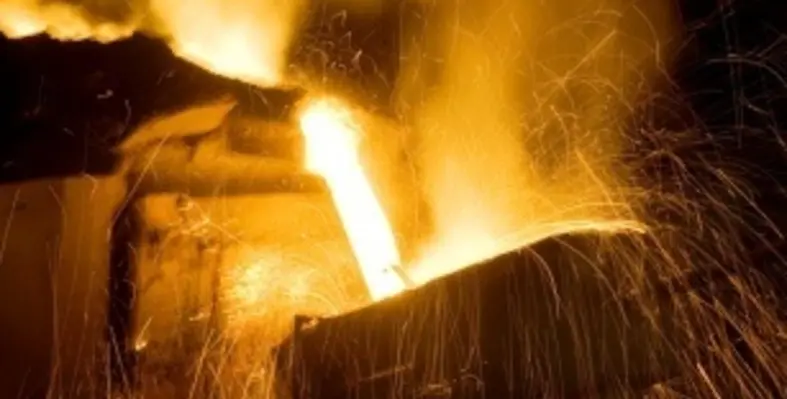
Demand for steel in the Saudi Arabia?s market has increased by 10 per cent. (Image source: Kenjisama/Flickr)
Cristal will set up the first factory for titanium dioxide smelter metal at the Jazan Economic City in Saudi Arabia at a cost of US$146mn by next year






